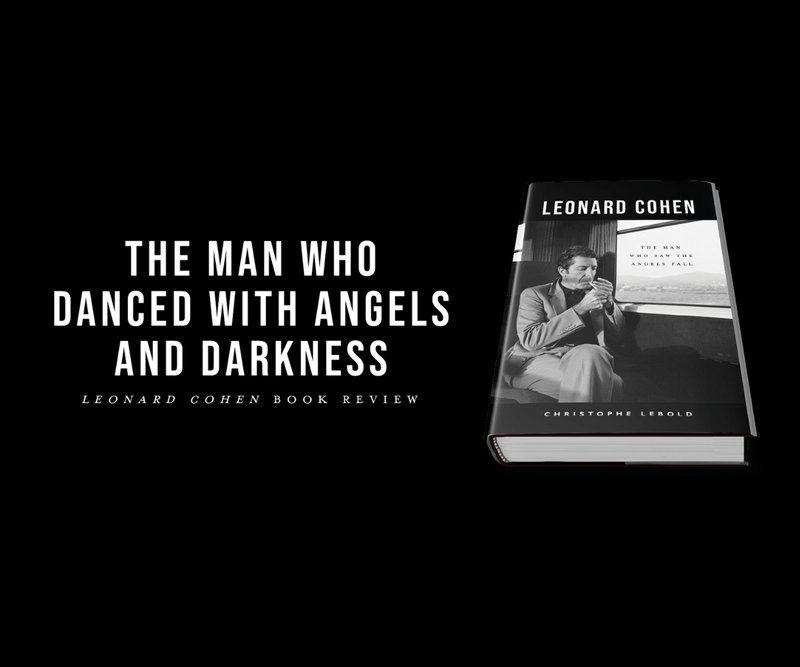The Man Who Danced with Angels and Darkness
Leonard Cohen Book Review

Leonard Cohen Book Review
This review is part of our ongoing series of in-house reviews, showcasing how passionate we are about the books we publish.
In Leonard Cohen: The Man Who Saw the Angels Fall, Christophe Lebold crafts a compelling portrait of one of the most enigmatic figures in music. Drawing from over two decades of meticulous research and personal encounters with Cohen, Lebold offers readers a richly textured analysis of the poet and musician whose life was as multifaceted as his art.
The book’s premise is as ambitious as it is fascinating. Lebold sets out to explore Leonard Cohen's life through the lens of Jewish archetypes. In doing so, he paints a portrait of Cohen as a contemporary embodiment of biblical heroes. Like Jacob, Cohen wrestled with angels, his struggles manifested in his haunting lyrics and complex relationships. Echoing David, he crafted psalms of yearning and seduction and like Abraham, he wandered, a nomad in a world where he was perpetually an outsider.
Lebold’s narrative seamlessly weaves together biography and essay, creating a nuanced exploration of Cohen’s perpetual dialogues with divinity, self and solitude. The author's deep engagement with Cohen’s life—his cosmopolitan journeys from Montreal to New York and the Greek island of Hydra—adds an intimate touch to his analysis. Lebold's encounters with Cohen in Los Angeles further enrich the narrative, providing readers with a behind-the-scenes glimpse into the man behind the music.
The personal anecdotes from Lebold’s time with Cohen are particularly striking. The poignant recollections of their conversations—often intimate, sometimes cryptic—serve as a window into Cohen’s private world. Lebold’s reflections on their friendship, from their late-night discussions to the light-hearted moments they shared, underscore the depth of their connection. The author’s recounting of Cohen’s final days and his humorous, self-aware emails imbue the narrative with a sense of bittersweet nostalgia.
Lebold’s writing is both graceful and profound, capturing the essence of Cohen’s complex persona while offering readers a thoughtful examination of his legacy.
Overall, Leonard Cohen: The Man Who Saw the Angels Fall is a testament to the enduring impact of Leonard Cohen’s life and work. It is a must-read for fans of Cohen, scholars of his art and anyone interested in the intersection of biography, religion and music. Lebold’s exploration not only honours Cohen’s legacy but also invites readers to reflect on their own journeys through darkness and light, making this book a valuable addition to the discourse surrounding one of the most influential artists of our time.